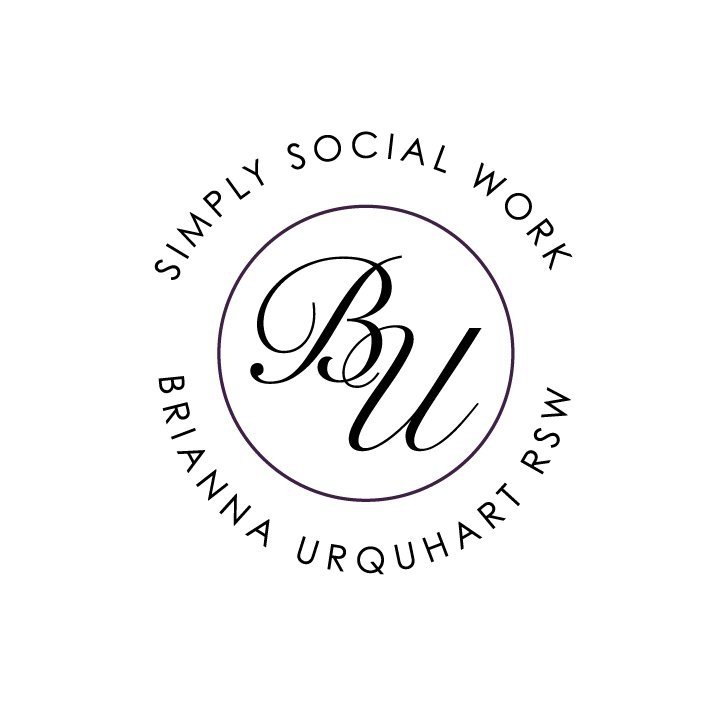Grief and Mourning
One of the hardest aspects of caregiving that you often do not get warned about is grief and loss. While a new diagnosis is not by any means a death (and I want to be clear that I’m not suggesting caregivers should grieve their loved one just for having a certain diagnosis), changes to one’s health does come with certain changes and losses. I’m here to tell you that it is okay, normal, and natural to struggle with some of these changes. Especially if the person you are supporting has a terminal diagnosis.
So, what is grief? It is more complex of an experience than you might think. In fact, there are different types of grief.
Grief is commonly thought of as the emotional response to loss. However, grief also includes:
physical symptoms: insomnia, fatigue, loss of appetite & weight loss
mental symptoms: depression, anxiety, nightmares and flashbacks, intrusive thoughts, difficulty concentrating
spiritual symptoms: challenges with/to religious beliefs or faith, difficulty engaging in spiritual practices
behavioural symptoms: isolation, avoidance, lack of previously-enjoyed activities/hobbies, difficulty with tasks and acts of daily life
Anticipatory Grief is experienced when a person is expecting a death, such as when a loved one is diagnosed with Alzheimer’s or enters palliative/hospice care. This experience can come with anxiety, feelings of hopelessness, anger and frustration, sadness, and at times the conflicting emotions of hope and gratitude at the time still remaining.
Ambiguous Loss is a loss that occurs without a significant likelihood of reaching emotional closure or a clear understanding. This is a common experience in chronic illness, such as dementia or Multiple Sclerosis (MS), where cognitive and biological changes begin to occur gradually over time.
Loss takes many forms. Caregiving is life-changing and this role comes with sacrifices and adjustments. It can mean some changes, both temporarily and potentially permanently, and sometimes what is lost cannot be returned. Aspects of your dynamic with the person you’re supporting, your identity, time freedom, and financial resources all undergo changes. It’s human to feel sadness, frustration, or anxiety about what these changes mean for you and your life.
It is also important to note that the way we talk about grieving is inherently flawed. There is no “getting over” the loss (expected or occurred) of someone you care about. Grief is not a linear twelve-step process, where you feel each “stage” (anger, sadness, bargaining, etc) and then “move on.” One does not move on from love.
However, grief is something you can get through. The grieving process is not linear. At times you may feel a whole host of emotions simultaneously, or feel like you are on an emotional rollercoaster. I conceptualize it more like this: there is acute loss, which is when you are just trying to survive this sudden tragedy. Then there is living, in which you are moving forwards and trying to return to your daily life. Then, there is thriving, in which you begin to honour the bond you shared - or, in the case of anticipatory grief or ambiguous loss, continue to share, just in a new way.
Each phase of this grieving process can benefit from seeking out the support of others. This can include:
Family
Friends & Peers
Grief Counselor (or, if it is within their scope of practice, your mental health professional)
Support Group
Your primary healthcare physician
The important thing is that you are openly and honestly checking in with yourself to ensure that you are taking care of yourself and receiving the support you need throughout this journey. Be kind and patient with yourself. Grief in any of its forms is tough. But you will get through it.

